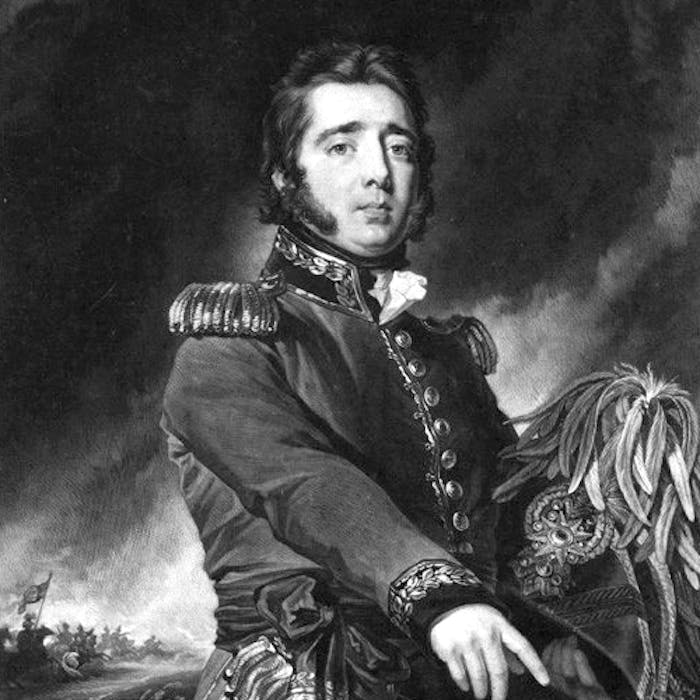
Gregor MacGregor - the fraudster who invented a country
General "Sir" Gregor MacGregor, Prince of the Principality of Poyais, arrived in London in 1820, after many years adventuring and soldiering in South America, to invite his fellow Britons to invest in the wonderful and fertile new country of Poyais.
Poyais was on Nicaragua's Mosquito Coast. MacGregor said that he had been given a grant of eight million acres there by the King of the Mosquito Coast, and that he had now returned to Europe to offer investment shares and parcels of land to those hoping to make their fortune.
The capital of Poyais, St. Joseph, had been founded by English settlers in the 1730s, according to MacGregor. Huge deposits of gold and silver lay hidden beneath the fertile soil of Poyais, local labour promised to be cheap, and the terrain was beautiful, being “full of large rivers, that run some hundred miles up into a fine, healthy and fruitful country”. It was also conveniently sheltered from Spanish incursion by an impassable mountain range. Moreover, the country already had the beginnings of a civilisation: a democratic government, a bank and an opera house awaited the Europeans there.
For a nation worn out by the Napoleonic Wars, it all sounded very promising.
There was one difficulty. Poyais did not exist. It was a complete invention of MacGregor - a Scots soldier and mercenary who had spent years fighting in South and Central America. He also had no right to sell land belonging to the King of the Mosquito Coast.
Despite this, MacGregor enthralled potential investors and emigres with his detailed descriptions of the country and its institutions and mode of governance, even publishing a 350 page guidebook to Poyais. He advertised in The Times and other prominent publications, opened offices in London and Edinburgh, and toured the country.
Applications poured in from all quarters and business flourished, and, in September 1822 MacGregor personally saw off the first voyage of 70 emigrants from London aboard the Honduras Packet. Just months later a second ship, the Kennersley Castle, set off from the Port of Leith with almost 200 would-be settlers. After doing the rounds of the passenger quarters, MacGregor himself was rowed back to shore amid cheers and applause, while the ship set off on its journey across the Atlantic. Many on board were clutching their newly minted Poyais currency, conveniently exchanged for them by MacGregor to make life easier for them upon arrival in Poyais.
Two months later, docking at the supposed capital of Poyais, the passengers of the Kennersley Castle were met not with an official welcome party organised by the local government, but by the desperate settlers who had arrived a few months earlier on the Honduras Packet, and who were still living in tents on the beach. It transpired that the broad boulevards, porticoed buildings and friendly natives promised by MacGregor had yet evaded their searches. Worse still, their ship had disappeared in a storm - whether wrecked or sneaking off, it is unclear.
The new arrivals were also abandoned by their ship and the following months saw much privation, disease, disorder and death.
Eventually some of the survivors were evacuated to Honduras and chose to settle elsewhere, whilst around fifty returned to London in October 1823 with a story for the press which was even more astounding than anyone back home could have believed.
Surprisingly, many were still supportive of the charismatic MacGregor - believing he must have been duped himself.
MacGregor took the opportunity to skip abroad and pursue his cons elsewhere. He ultimately ended up back in South America and died in Caracas in 1845, where he was buried with full military honours in Caracas Cathedral, with the President, Cabinet ministers and the military chiefs of Venezuela marching behind his coffin.
Further reading
Links to external websites are not maintained by Bite Sized Britain. They are provided to give users access to additional information. Bite Sized Britain is not responsible for the content of these external websites.
